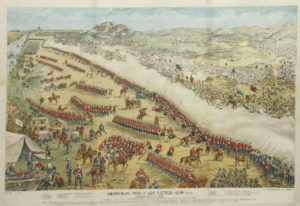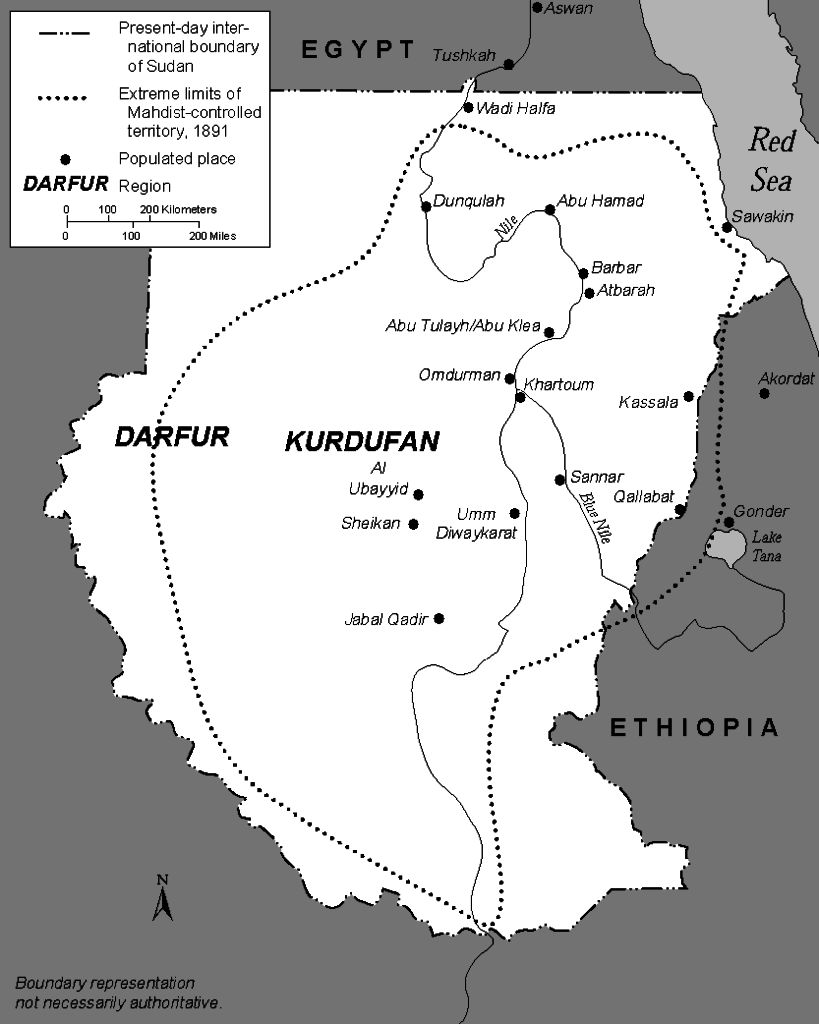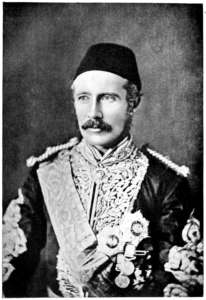Mahdist Sudan died violently.
The religious state persisted for approximately a decade and a half but after that the British, eager to solidify their influence and control in the region, brought the country to heel. Egypt had never recognized Sudanese independence, and thought of the new country as little more than a renegade province. Under British control and influence, the Anglo-Egyptian forces crushed the independent Sudanese state, making short work of the armed forces. The key to their victory was a new technology: The machine gun.
After the British victory the military and cultural foundations of the Mahdist state were destroyed, and Sudan was soon in the same state of repression that it had previously been in, though instead of dealing with the Ottoman boot, now it suffered under the British.

Podcast: Play in new window | Download
Subscribe: RSS

